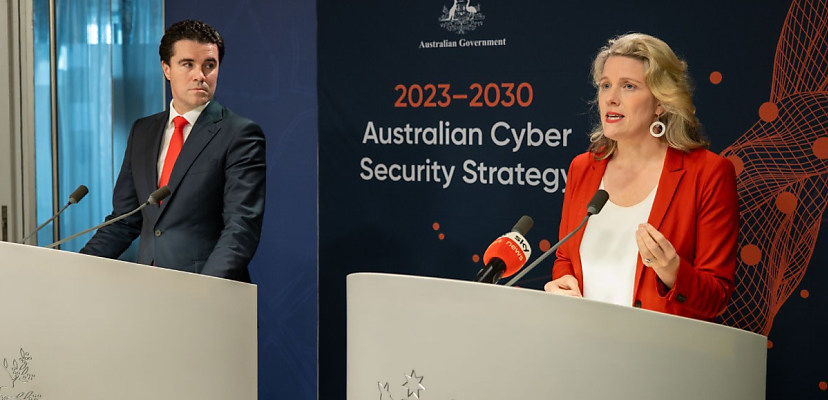Share this article on:
Powered by MOMENTUMMEDIA
Breaking news and updates daily.
The 2023–2030 Australian Cyber Security Strategy (ACSS) is here, outlining the steps the nation will take to secure the country and make it the most cyber secure in the world by 2030.

A key part of the new strategy, as laid out in Shield 6 – Resilient region and global leadership, is the strengthening of relationships with other cyber agencies and the establishment of stronger collaborative efforts worldwide, with a focus on south-east Asia and the Pacific.
In a joint media release, Assistant Minister for Foreign Affairs Tim Watts and Minister for International Development and the Pacific Pat Conroy announced that of the $578 million the government will dedicate to the strategy, almost $50 million will go towards Shield 6.
Over half of this ($26.2 million) will go towards the establishment of “Cyber Rapid Assistance for Pacific Incidents and Disasters (RAPID) teams”.
These teams will respond to cyber incidents and crises within the Pacific at the request of governments within the region and will be led by the Department of Foreign Affairs and Trade.
“We have listened to the priorities and requests from our partners in the Pacific and south-east Asia,” wrote Conroy.
“The Cyber RAPID teams and support to build long-term resilience in the Pacific will provide critical support and demonstrate that partners in our region can rely on Australia to respond to their needs.”
Following this, an additional $16.7 million will be spent to “build long-term resilience in the Pacific”, with the government collaborating with regional partners to pinpoint vulnerabilities before they are exploited, through the analysis of old end-of-life technology.
The government will also work with partners in the trailing of secure-by-design solutions to prevent threat actors from accessing systems of organisations in the region.
Finally, $4.5 million will be allocated to support government partnerships in south-east Asia in bolstering overall cyber strength by improving cyber incident response, assisting regional governments in being better prepared to prevent cyber incidents and providing them with recommendations to reinforce the region’s cyber stance.
“Building resilience to cyber threats is an urgent, global priority – both at home and in our region,” said Watts.
“Over the last 18 months, we’ve seen a series of significant cyber incidents across Australia and the region that have had major impacts on governments, economies and communities.
“We are working in tandem with the region to build capacity and long-term resilience to cyber security threats.”
On top of the new initiatives, the strategy sets the framework for how the government will continue to work with partners around the world to “uphold international law and norms of responsible state behaviour in cyber space, and impose costs on bad actors that make cyber space less safe and secure”.

Be the first to hear the latest developments in the cyber industry.